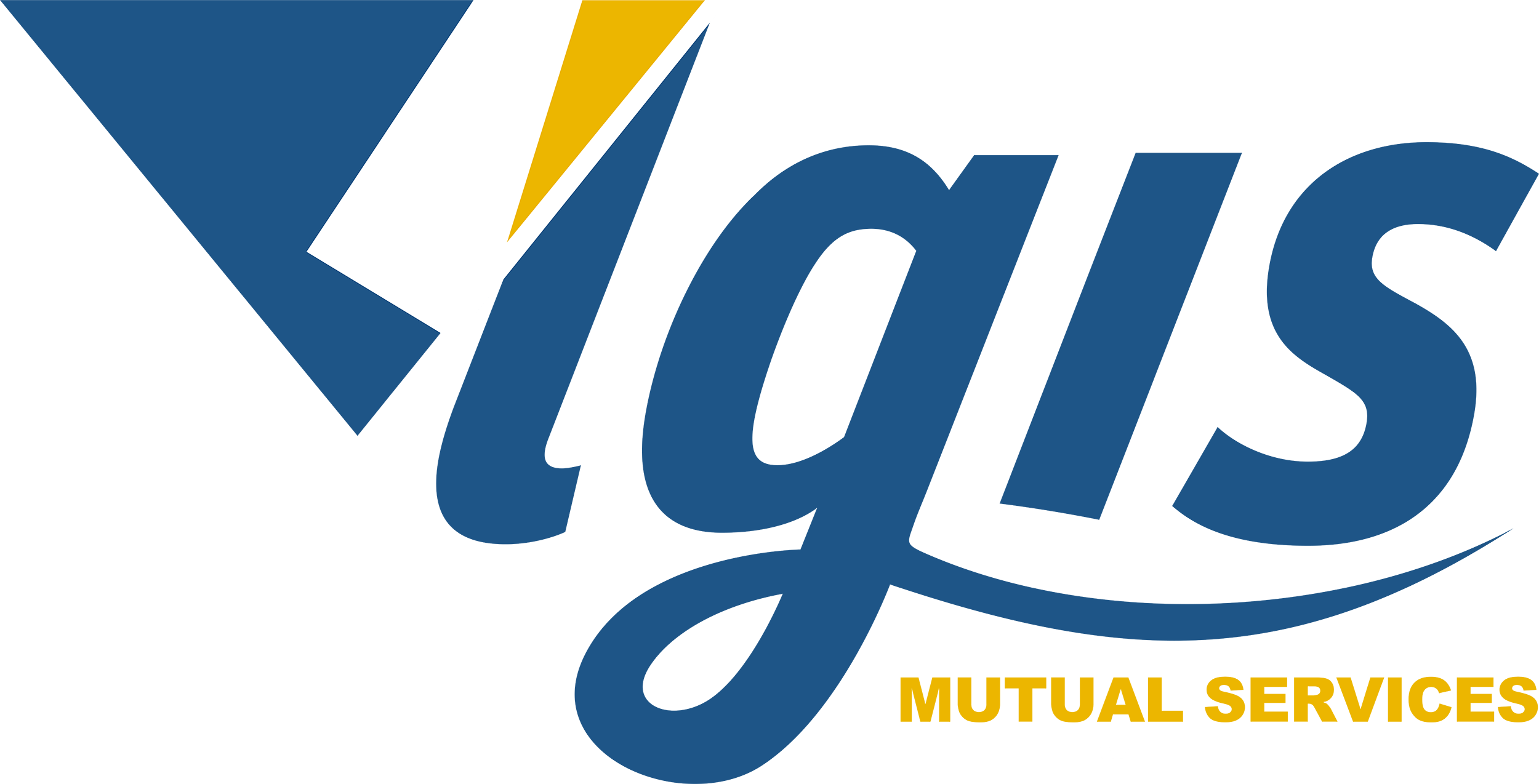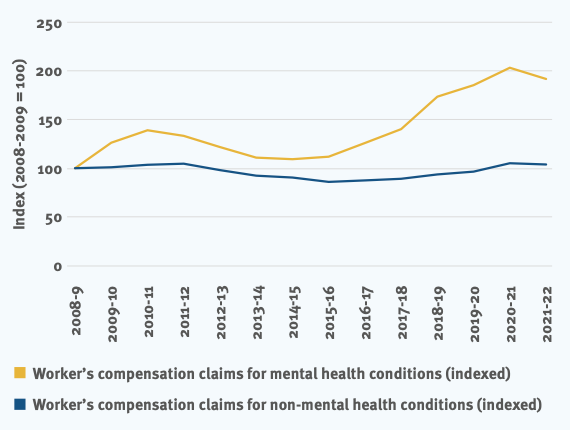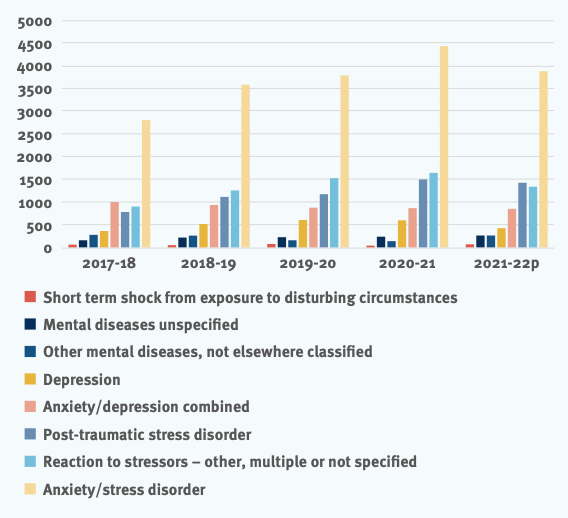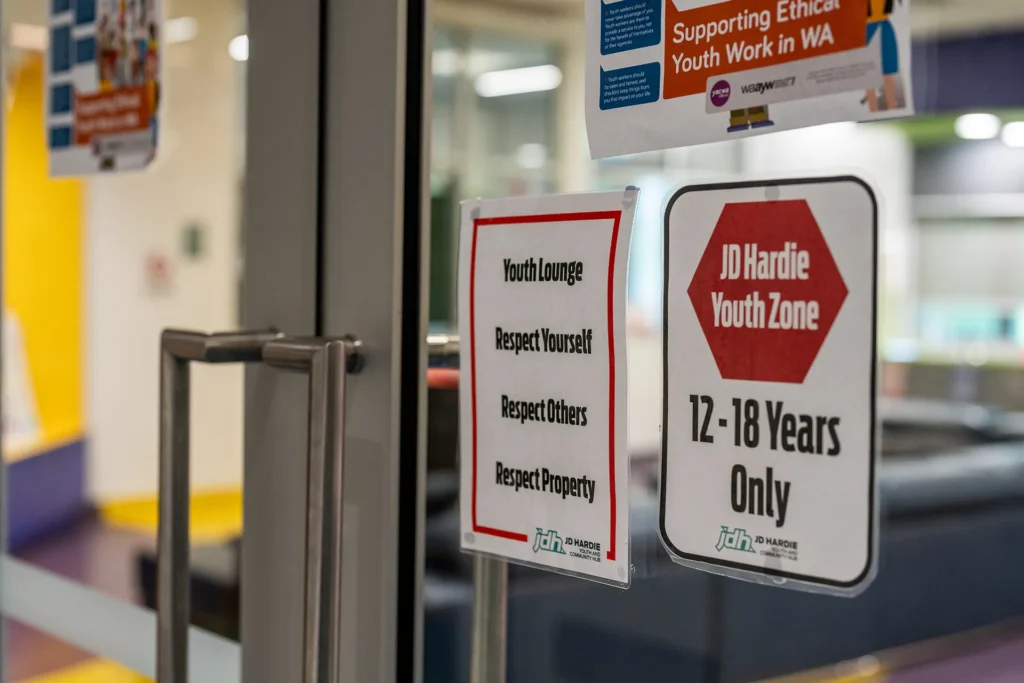Denmark’s win highlights personal responsibility
A recent case involving the Shire of Denmark and a tourist turned on
whether pea gravel at the bottom of some stairs was an obvious risk and
what is the extent of a local government’s duty of care in relation to obvious risks.








